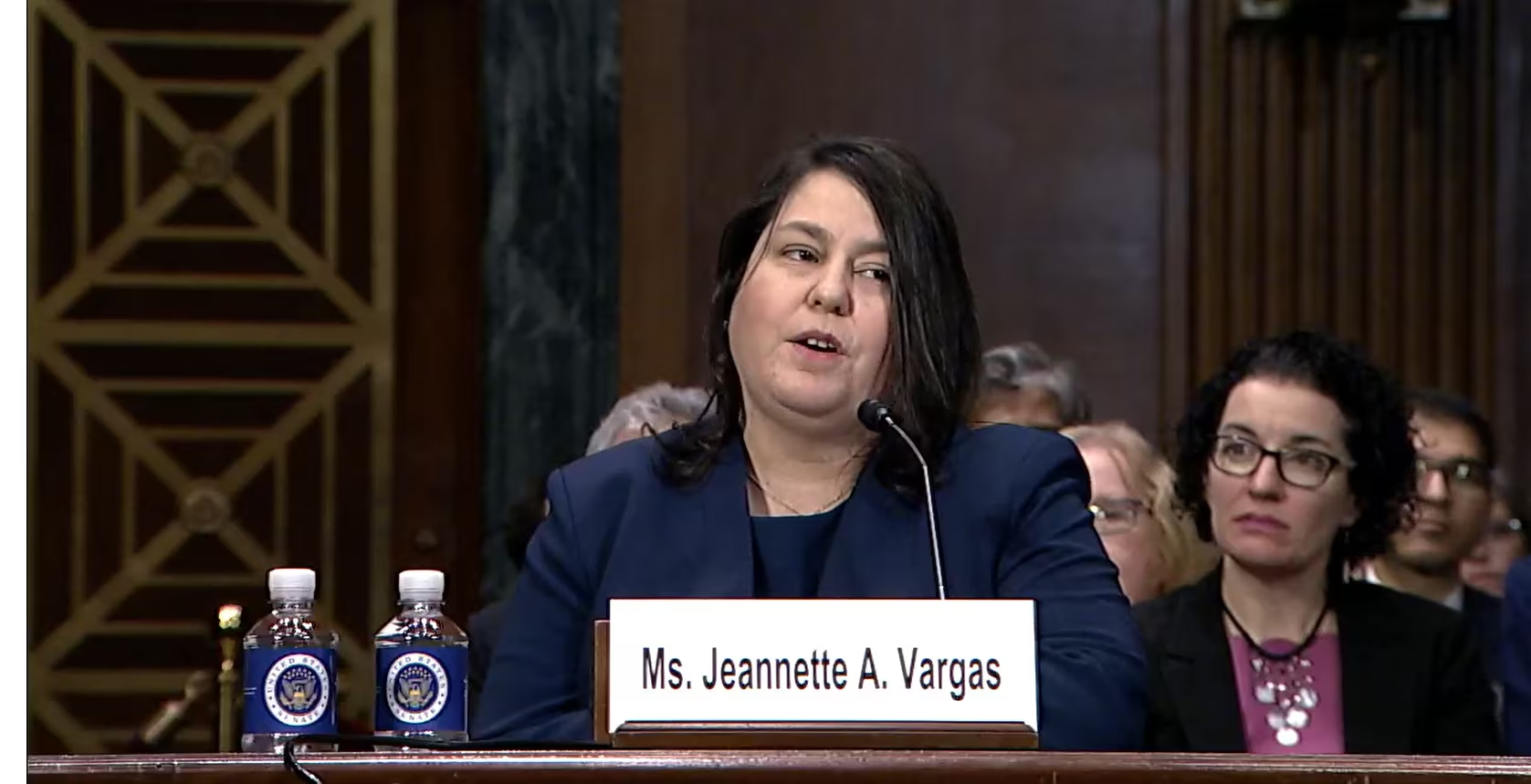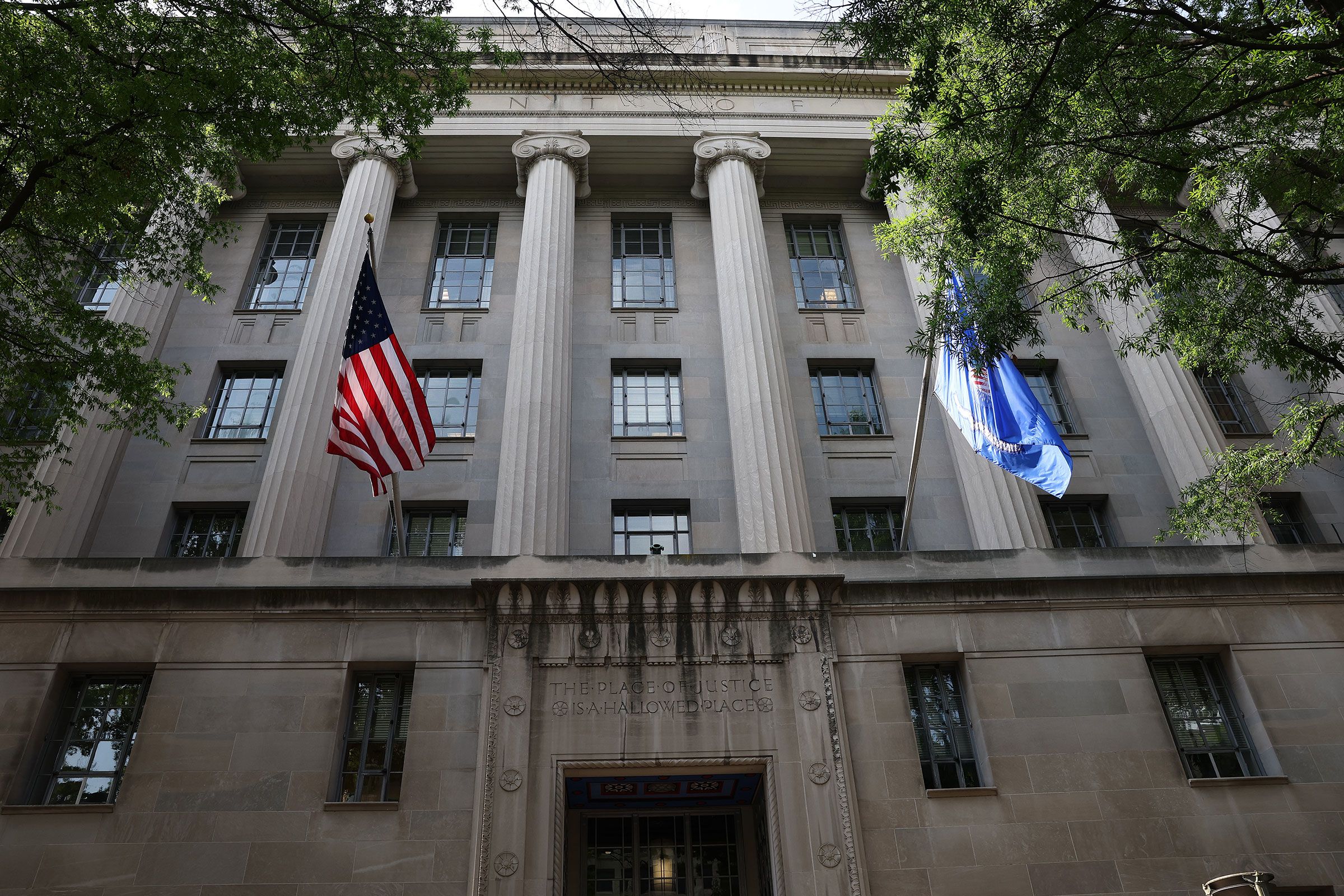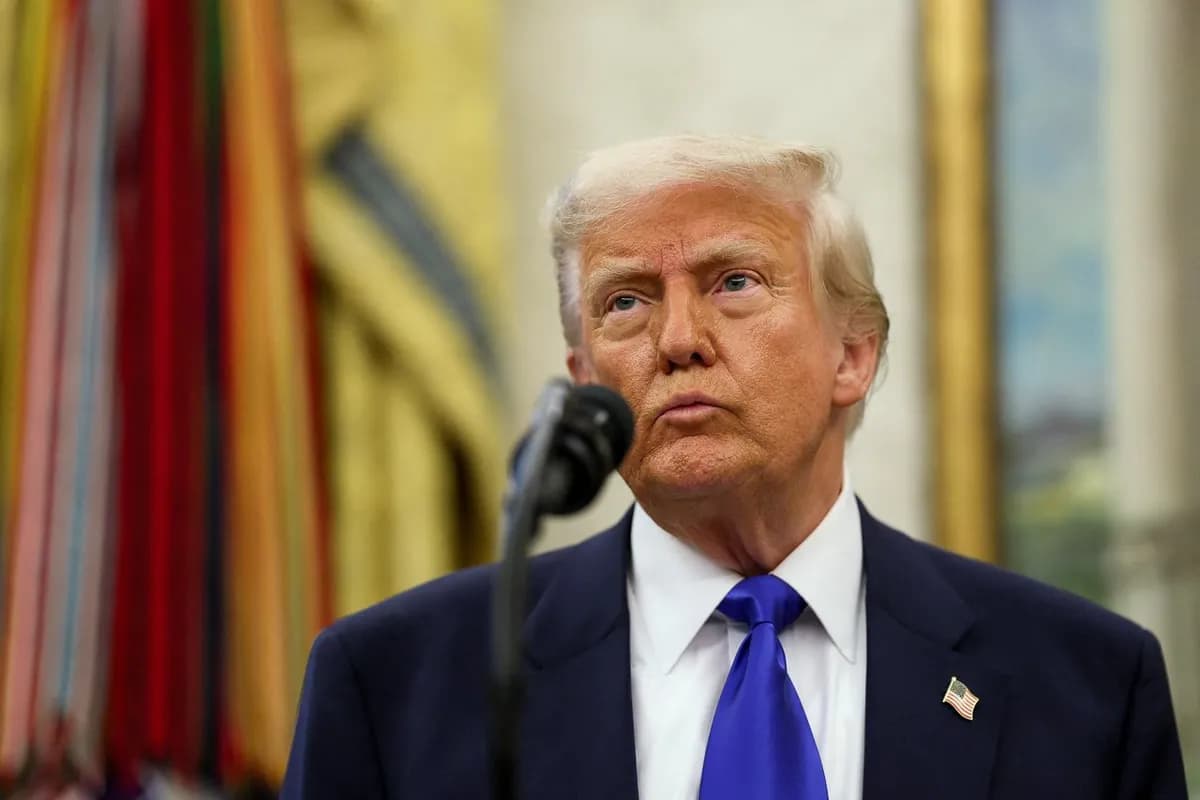Trump Administration Attacks Judicial Oversight
The Trump administration has taken a bold and alarming step by suing all 15 federal judges in Maryland over a standing order blocking immediate deportations for migrants challenging their removals. This unprecedented legal maneuver is not just an attack on judicial independence; it also raises critical questions about the rights of immigrants and the checks and balances that underpin our democracy.
Executive Power vs. Judicial Authority
In a 26-page motion filed in the Western District of Virginia, the Department of Justice argues that the judges’ standing orders represent an extraordinary form of judicial interference with executive powers. The DOJ claims these orders undermine the government’s ability to enforce immigration laws, framing the issue as a battle over executive authority rather than a matter of protecting vulnerable populations. As reported by AP News, the administration characterizes these orders as a major overreach that contravenes Supreme Court guidance, which has emphasized that stays in immigration cases should not be granted lightly.

US Senate confirms 2 new judges as clock ticks for Biden ...
Impact on Immigrant Communities
This lawsuit has dire implications for immigrant communities already facing a precarious existence in the U.S. The standing orders were put in place to alleviate the administrative burdens on courts overwhelmed by a surge of habeas corpus petitions from immigrants. They are designed to provide essential protections for individuals facing deportation, allowing them the opportunity to contest their removals in court. The Trump administration"s push to block these orders not only threatens the immediate rights of immigrants but also sets a dangerous precedent for the future of judicial protections in immigration law.
Political Ramifications of the Lawsuit
According to The New York Times, this case is emblematic of a larger struggle between the Trump administration and the judicial branch, which has become increasingly contentious. The DOJ"s arguments reveal a broader strategy to consolidate executive power, potentially at the expense of both judicial independence and immigrant rights. By framing judicial checks as a hindrance to executive action, the administration is undermining the very principles of accountability that safeguard our democracy.

DOJ attorney placed on leave after expressing frustration in ...
Legal and Social Consequences
The implications of this legal battle extend beyond the courtroom. If the DOJ succeeds in dismantling the standing orders, it could lead to a significant increase in deportations without due process. This would further exacerbate the climate of fear within immigrant communities, where individuals already live under the threat of removal. As noted by CBS News, the lawsuit has sparked outrage among immigrant rights advocates, who see it as a direct assault on the fundamental rights of those seeking refuge and safety in the U.S.
Moreover, the ramifications could ripple through the legal system, potentially discouraging judges from exercising their discretion in immigration cases. The chilling effect of such a high-profile lawsuit could deter judicial challenges to executive overreach in the future, fundamentally altering the landscape of immigrant justice in America.

![[Video] Federal officers deploy sting balls and flash grenades at Whipple Building](/_next/image?url=%2Fapi%2Fimage%2Fthumbnails%2Fthumbnail-1768340555229-vhfcc-thumbnail.jpg&w=3840&q=75)
![[Video] Crowd-control weapons used in Minneapolis as anti-ICE protesters attack police vehicle](/_next/image?url=%2Fapi%2Fimage%2Fthumbnails%2Fthumbnail-1768336302231-akxf7s-thumbnail.jpg&w=3840&q=75)

![[Video] Protests erupt in Minneapolis after ICE detains teenager, multiple arrests made](/_next/image?url=%2Fapi%2Fimage%2Fthumbnails%2Fthumbnail-1768331835371-z9ylqg-thumbnail.jpg&w=3840&q=75)


![[Video] Gunfire between Iraqi security forces and Sadr militias in Baghdad](/_next/image?url=%2Fapi%2Fimage%2Fthumbnails%2Fthumbnail-1768343508874-4redb-thumbnail.jpg&w=3840&q=75)
